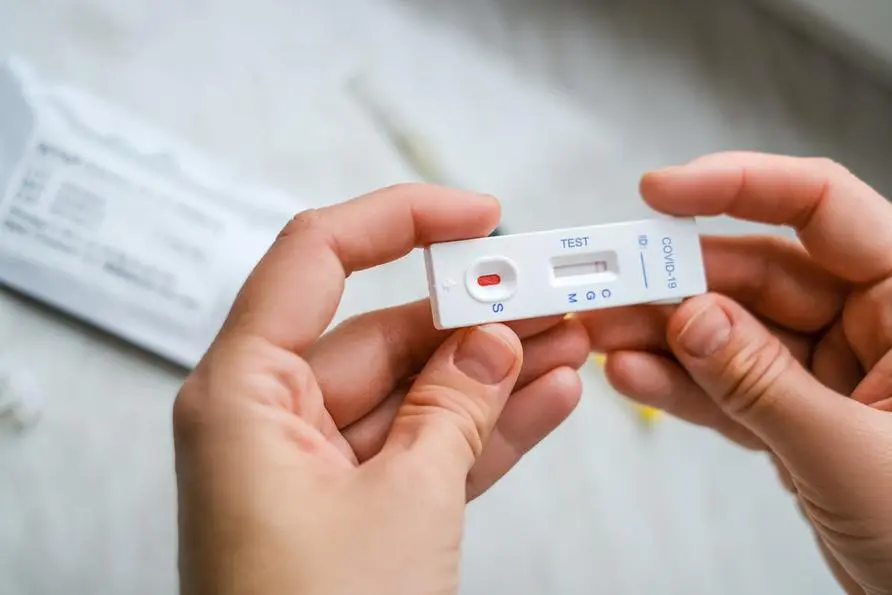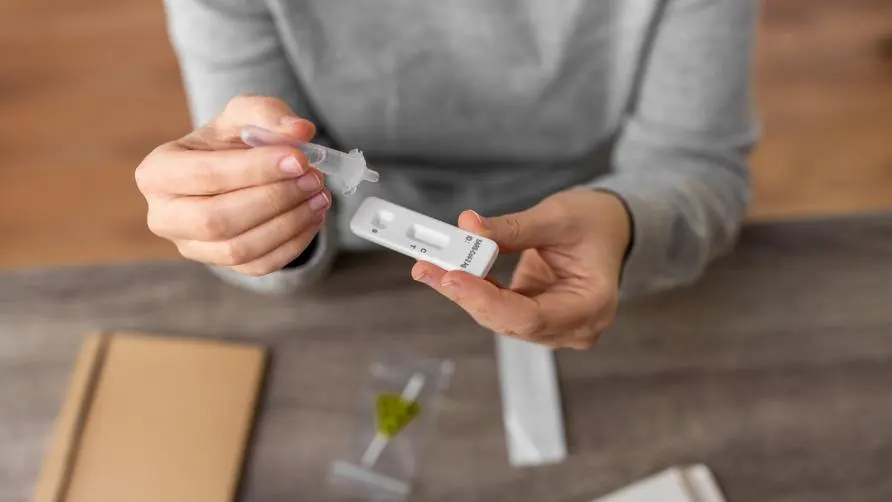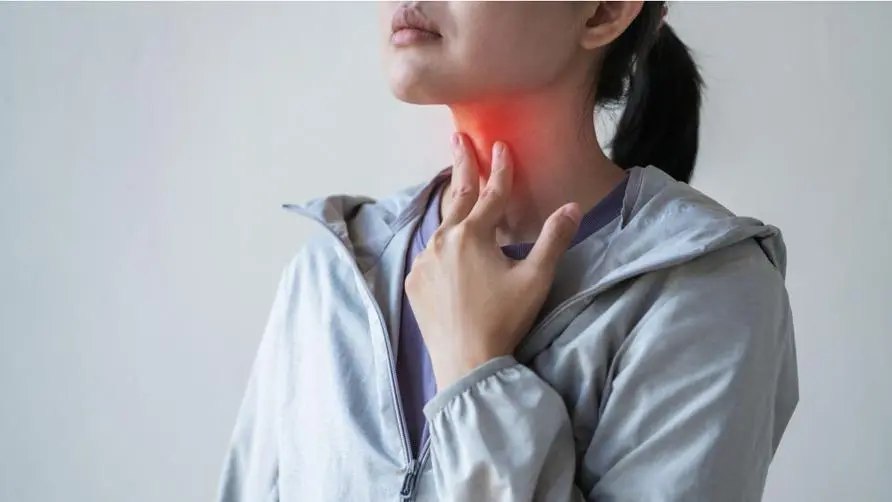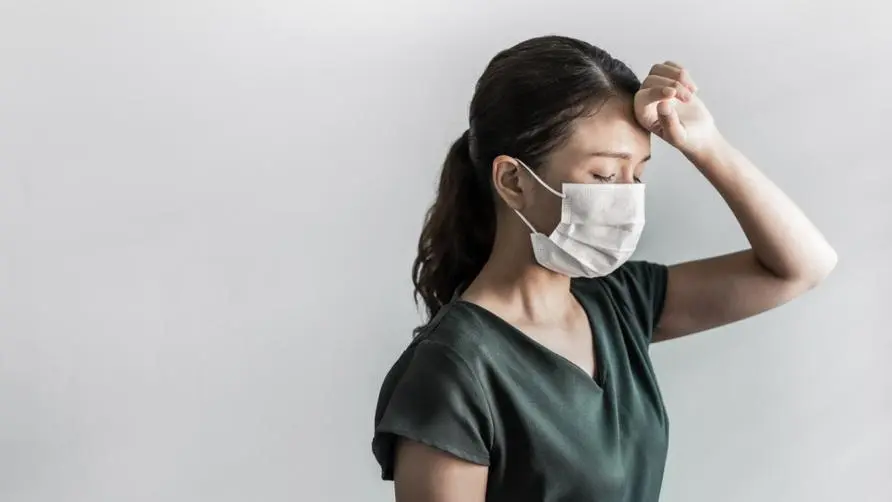Which one is more accurate, nasopharyngeal rapid screening or saliva rapid screening? Doctor: Two rapid screening tests should be considered as confirmed diagnosis

What should I do if the quick filter is not enough? Doctor: If you have these symptoms, screen again
The Epidemic Command Center recently announced that in order to protect Taiwan’s medical capacity, it would adjust the number of publicly funded rapid screening reagents for home isolation. Two doses will be given to elementary school to high school students, and three doses will be given to adults above college. Dr. Jiang Guanyu, an attending physician at the Department of General Internal Medicine at the Taipei City Hospital Zhongxing Branch, said in an interview that the restriction on the distribution of publicly funded rapid screening reagents shows that the number of reagents in Taiwan is indeed tight at present, and the timing and method of people using rapid screening should also be adjusted accordingly.
Dr. Jiang Guanyu said that in the past, most people did rapid screening “if they had doubts.” However, it is not recommended to do so now that rapid screening reagents are limited. It is recommended that people who are asymptomatic or unconfirmed should undergo rapid screening after they develop respiratory symptoms (sneezing, headache, fatigue, runny nose or sore throat, etc.). In addition, if symptoms persist for more than 3-4 days or even a week, you may want to consider going to a medical institution for PCR screening.
As for front-line workers such as front-line medical staff and health center personnel, many hospitals have adopted the strategy of “screening instead of isolation”, that is, after self-management at home for “3+4” days, there is no need to isolate after confirming that the rapid screening test is negative. , you can return to work and serve. Independent managers do not need to worry about the shortage of rapid screening reagents. They only need to contact the local health bureau or pharmacists association to obtain assistance in the distribution of rapid screening reagents.
How to do rapid screening at home? Saliva-based rapid screening promises to reduce discomfort
How to use the rapid screening test after obtaining it? Will the test be more accurate? Dr. Jiang Guanyu said that with the current home rapid screening reagents, using cotton swabs to collect mucus from the “retronasal pharynx” (deep in the nostrils and nasal cavity) is less prone to deviations. However, many people report that they tend to feel strong discomfort when collecting samples. The introduction of “saliva-type” rapid screening reagents in the future is expected to be good news for those who have throat discomfort after taking the test.
Dr. Jiang Guanyu pointed out that during the “asymptomatic infection” period when the virus is latent in the body, a higher amount of virus is found in the throat. Rapid saliva screening can help identify more asymptomatic infections. After respiratory symptoms appear, the amount of virus in the nasopharynx will begin to increase. At this time, current rapid screening reagents will be more accurate.
Is the accuracy of rapid screening enough? The accuracy of 2 positives can reach 95%
Do I need to worry about the accuracy of home rapid screening? Dr. Jiang Guanyu explained that based on the current positive rate of virus screening, the predictive rate of rapid screening for positive results is as high as more than 95%. Therefore, it is indeed feasible to treat a positive rapid screening test as a confirmed diagnosis.
Dr. Jiang Guanyu said that if we compare the outbreak speed of Omicron in Hong Kong, the amount of PCR screening will inevitably be insufficient in the future. If the number of people in home isolation reaches a certain scale, it will no longer be necessary to go to medical institutions for screening. What we need to think about now is how to fully obtain the resources needed by those in need when medical capacity is limited, so as to prevent unnecessary waste.
“The current number of confirmed cases has not yet reached its peak. It is expected that the number of confirmed cases will increase in May. People should be mentally prepared. There may be another month of labor pains!” Dr. Jiang Guanyu said.
Further reading:





